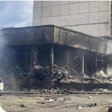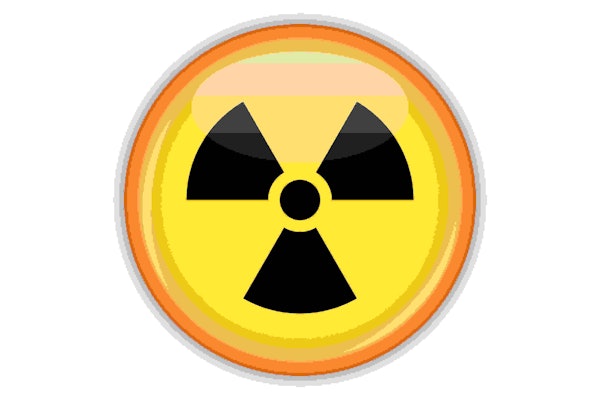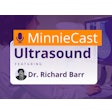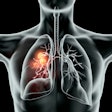More in Home
Podcast: MRI service engineer faced nightmare with man's entrapment
February 10, 2026
PET/CT visualizes complications in patients on hemodialysis
February 9, 2026
DBT-guided biopsies show practical advantages
February 9, 2026
Radiology is at an inflection point
February 9, 2026
PSMA-PET/CT best for staging prostate cancer
February 6, 2026
Could CEUS improve BI-RADS assessment?
February 6, 2026
Do young athletes with low back pain need advanced imaging?
February 6, 2026
Ultrasound MinnieCast, Episode 1: Is 2026 the year of CEUS?
February 6, 2026
Microwave ablation safe for tumors close to the heart
February 5, 2026


























